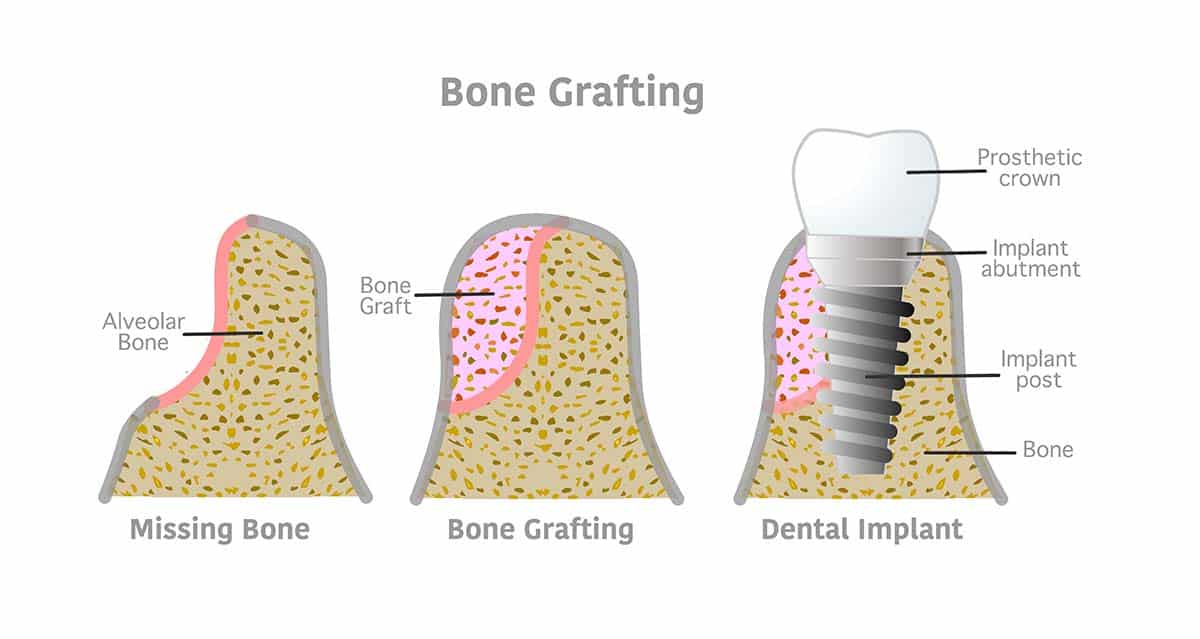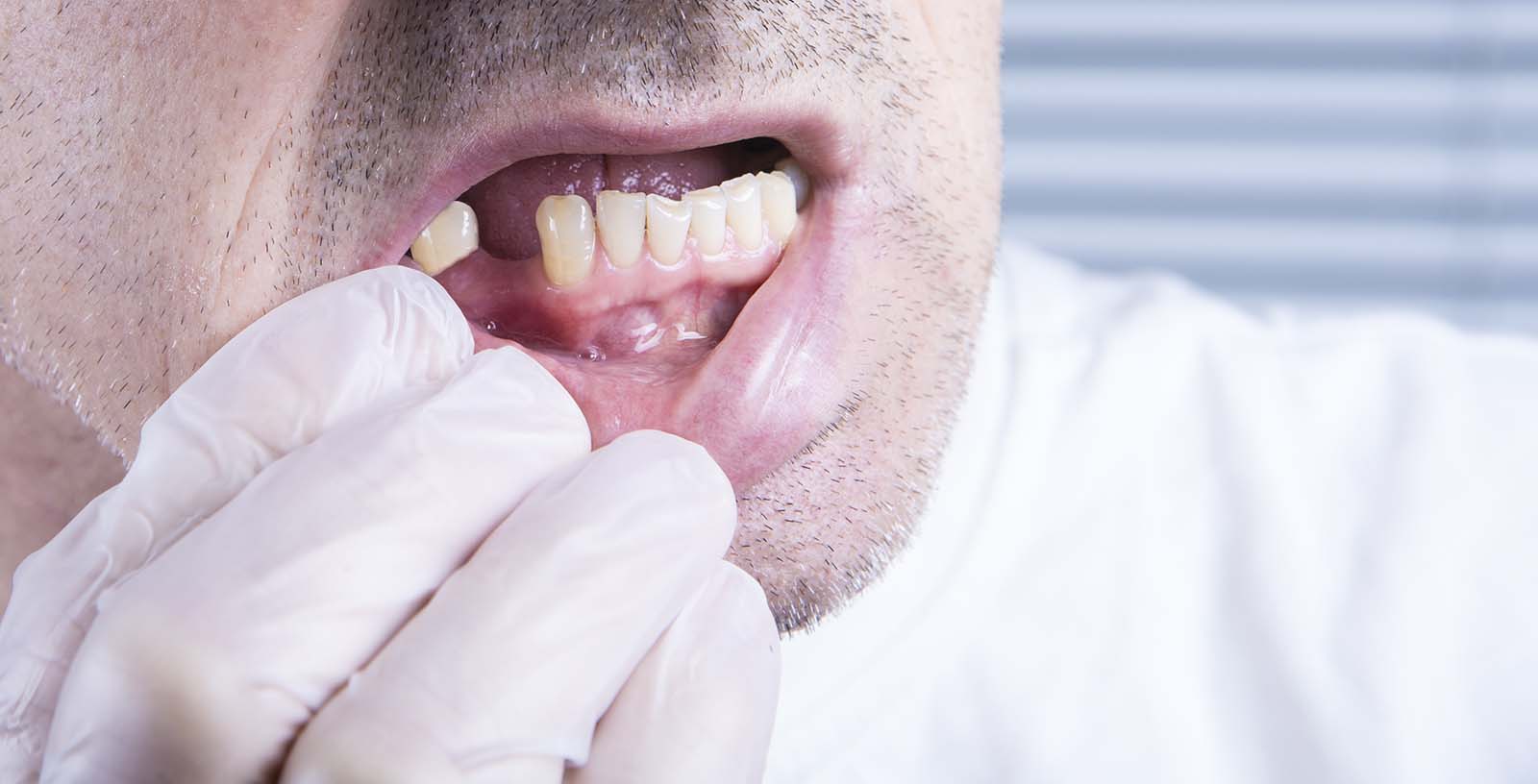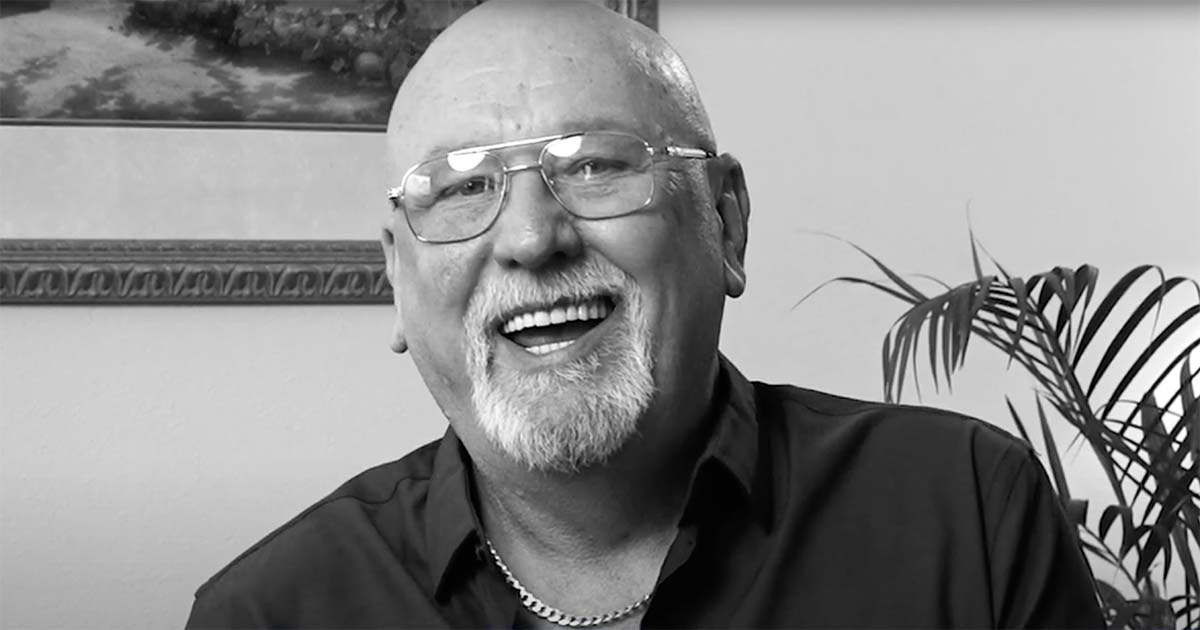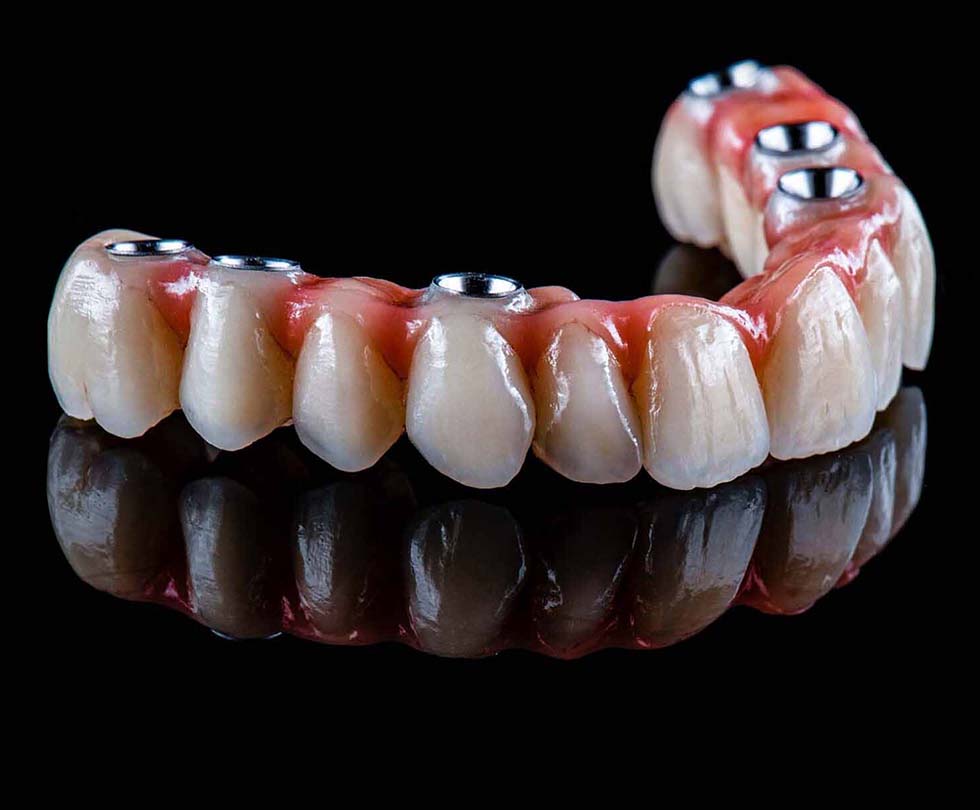When exploring restorative options for teeth that are missing, dental implants Los Angeles is one of the best options available. Dental implants Los Angeles can offer a lifetime solution because of their strength and durability. However, a periodontist Los Angeles would suggest no smoking.
Smoking can obstruct the success of dental implants and cause dental implant failure. When a patient smokes after implant surgery, it can cause various complications including delayed healing. Before having missing teeth replaced with dental implants Los Angeles, a periodontist Los Angeles recommends the patient to take steps to quit smoking.
An implant is manufactured to be surgically placed within the lower or upper jaw. These implants act as anchors for artificial teeth. These dental implants Los Angeles are also made from titanium. The process of inserting the implant requires surgery which means the patient must have time to heal. Smoking during this time can cause failure.
When researching dental implant failure, it is widely noted that the failure rate for people who do not smoke is around 1.4%. The failure rate for those that do smoke is 15.8%. This rate is significantly higher but can be lower if the patient quits smoking at least 30 days before the procedure.
A periodontist Los Angeles will also recommend the person to stop smoking for three to six months after the dental implants procedure. This amount of time will allow the healing process to be completed. If a patient waits, the failure rate is significantly decreased. However, it is important to mention those that quit smoking entirely, instead of starting again after healing, have the highest success rate.
Smoking does not only affect dental implants, but it is detrimental to the overall health of a person’s mouth. When a person smokes, he or she is over three times more likely to develop some form of periodontal or gum disease when compared to people who do not smoke.
If a smoker does develop gum disease, it is typically a more severe case when compared to non-smokers. Smoking also affects the tissue and bone which surrounds the teeth which can cause permanent bone and tissue loss. When a person combines this damage with gum disease, it can cause him or her to lose teeth permanently.
A person has to have plenty of bone support for dental implants Los Angeles to succeed. It is safe to assume smoking can cause the bone to deteriorate because it is known that smoking causes bone loss. When a person continues to smoke during the dental implant Los Angeles healing process, it can cause inflammation pockets to surround the titanium implants.
These pockets are referred to as peri-implantitis by a periodontist. If these pockets are not treated, it can cause bone resorption which leads to implant failure. As stated previously, these reasons are why smokers are at a higher risk for implant failure.
This fact is true because smoking has a negative on a person’s gum and bone health which affects healing. Smoking while the person is healing from the implant surgery can also interfere with the jawbone and implant fusing together. This issue continues even if the person quits but then restarts later on in life.
If a person does begin to smoke after a while, it is critical to follow periodontist Los Angeles recommendations which will include techniques for proper brushing and flossing. The patient should also ensure he or she visits a periodontist at least twice a year for regular checkups and cleanings.
So with all of the above information, it is apparent smoking is a significant factor in implant failure. A person should stop smoking as soon as possible to ensure a beautifully restored smile. This smile will include durable and strong dental implants that will fail if the patient continues smoking.
The faster a person quits smoking, the faster the periodontist can restore his or her beautiful smile. It is vital to stop smoking for good with dental implants because if a person begins smoking again, it will eventually result in implant failure.[ratings]















